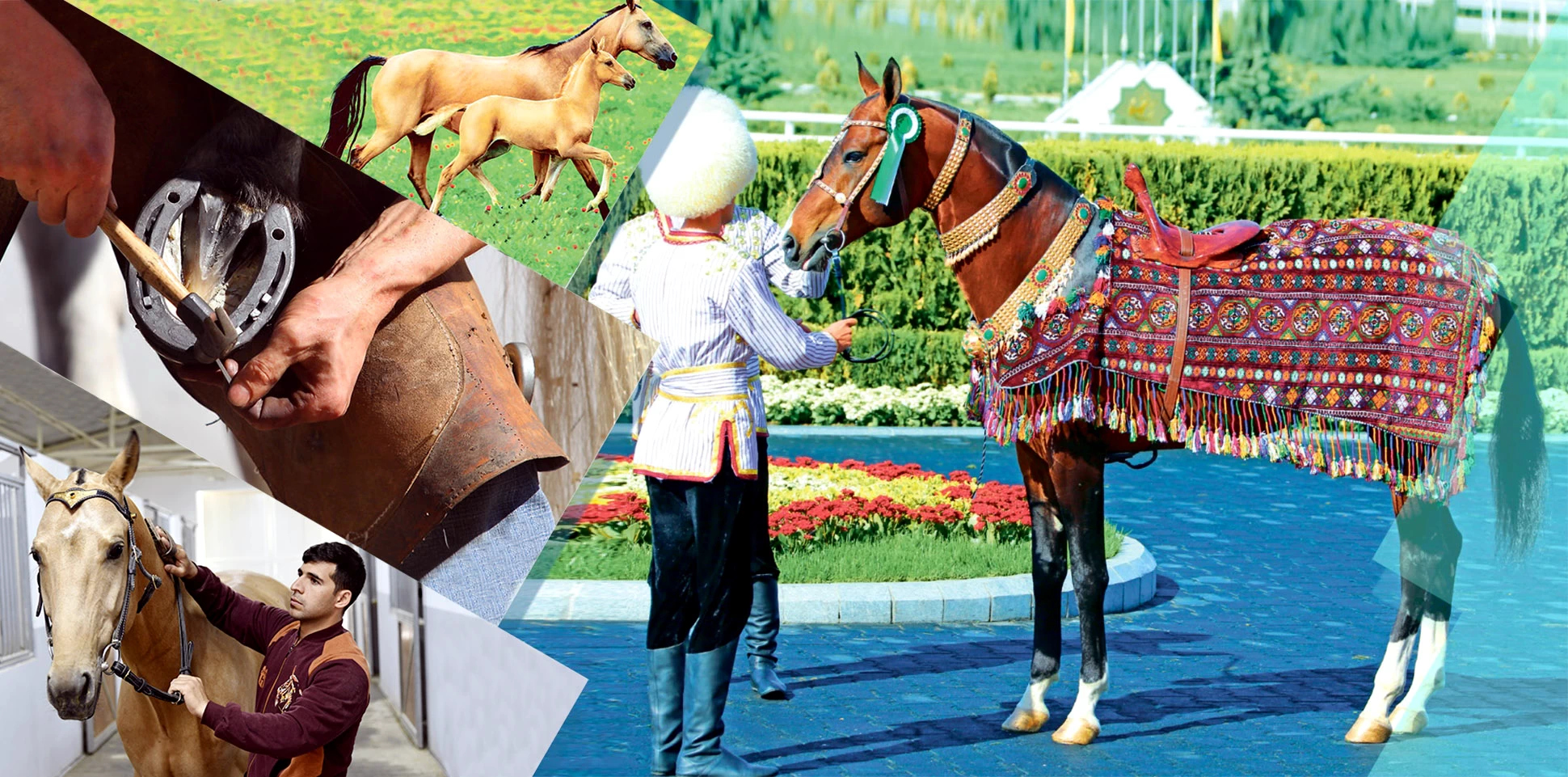In the Horse breeding Faculty, along with teaching the students about the care, feeding and breeding of horses, as well as the subtle secrets of the old breeding ways passed down from generation to generation, the methods of horse breeding are taught through the methods that meet the requirements of today. Students are educated in professional areas such as horse breeding and husbandry, in their production-technological, organizational, leadership and scientific work, they learn the technology of conducting horse breeding and cattle breeding on a scientific basis, as well as organizing breeding work, managing the industry, obtaining healthy, good-quality offspring from horses. , are trained in foal breeding and breeding. Also, students learn to lead and to comply with the zootechnical requirements of selection work, to develop and implement breed standards in various areas of horse breeding and horse breeding, to standardize herds, and to carry out appropriate selection and pairing of horses to improve fitness, endurance and sports quality of the breed and its offspring, assessing the herds in terms of economic and breeding, carrying out appraisal on the horses, eliminating horses that do not meet the requirements, organizing the keeping and proper feeding of horses, their reproduction and breeding, evaluating breeding horses according to the quality of their offspring, drawing up long-term and annual breeding plans. as well as organizing its implementation, selecting breeding horses for display in beauty contests, exhibitions and auctions, interpreting the obtained results in terms of genetics and mathematics, managing high-quality breeding horses, economically viable breeding, developing a plan for breeding activities, technology implemented in the household keeping agricultural livestock, including horses, regularly feeding them with fodder, introducing modern technology of breeding horses in farms of different types of ownership (tenant, landlord-farmer, farmer association), carrying out breeding activities under specific technological conditions, and leading the service activities.
2705
